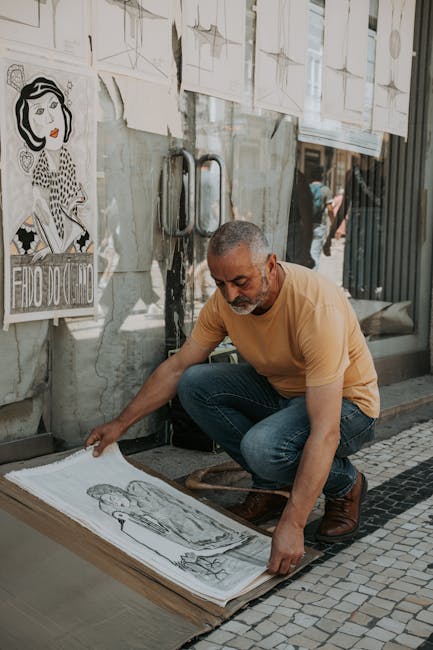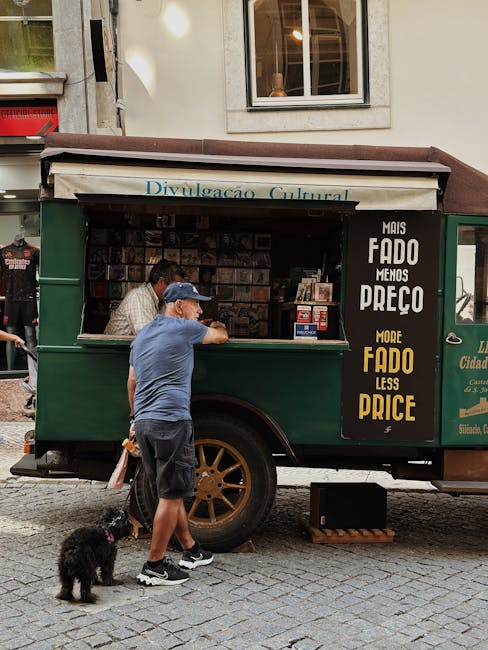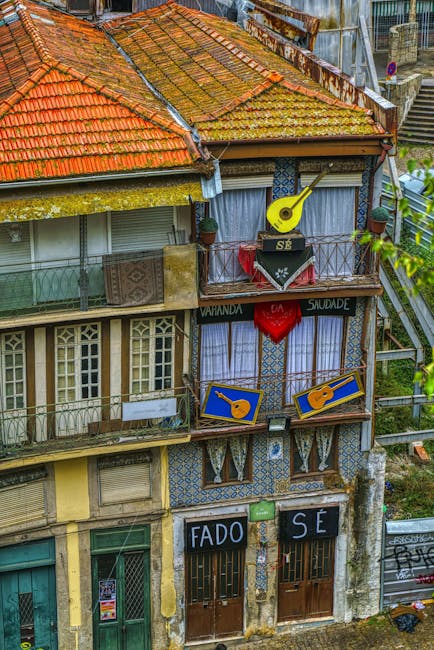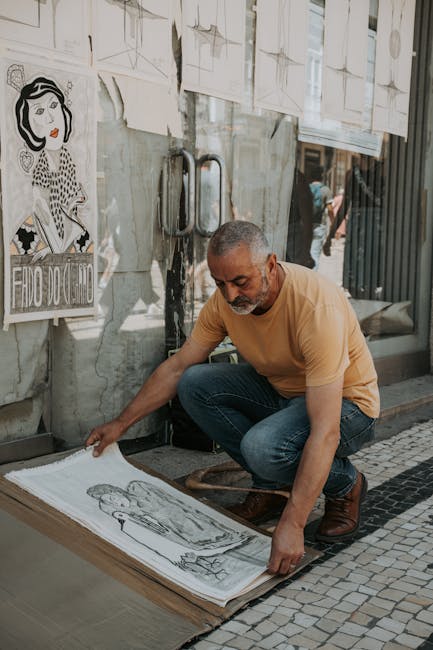Fado Music: A Deep Dive into Portugal’s Soulful Soundscape
Fado, the haunting and melancholic music of Portugal, is more than just a genre; it’s a cultural phenomenon, a reflection of the nation’s history, its struggles, and its enduring spirit. Originating in the impoverished neighborhoods of Lisbon in the 19th century, fado has evolved from its humble beginnings to become a globally recognized art form, captivating audiences with its raw emotion and expressive power.
The Origins and Evolution of Fado
The exact origins of fado are shrouded in mystery, with various theories suggesting its roots in Moorish, African, or even ancient Greek influences. However, its most commonly accepted origin story places it firmly within the bairros (neighborhoods) of Lisbon, particularly Alfama, a historic district characterized by its narrow, winding streets and close-knit community. The word ‘fado’ itself translates to ‘fate’ or ‘destiny,’ hinting at the themes of longing, loss, and resilience that permeate the genre.
Early fado was often performed in informal settings, taverns, and public spaces, accompanied by simple instruments like the Portuguese guitar, viola, and classical guitar. The songs typically focused on themes of love, loss, longing, and the daily struggles of working-class life. As fado gained popularity, it began to incorporate influences from other genres, further enriching its musical tapestry.
The Golden Age of Fado
The 20th century witnessed the golden age of fado, with legendary singers like Amália Rodrigues rising to prominence. Rodrigues, often hailed as the ‘Queen of Fado,’ not only mastered the vocal technique but also infused her performances with an unparalleled level of passion and emotional depth. Her influence on fado remains undeniable, shaping the genre’s stylistic evolution and contributing to its international recognition.
Other significant figures during this period helped define the sound and style of fado, refining its musical arrangements and broadening its lyrical themes. The period saw the rise of several prominent composers and instrumentalists, enriching the musical landscape and establishing fado’s status as a sophisticated art form.
The Instruments of Fado
The instrumental accompaniment in fado is crucial to its emotional impact. The most iconic instrument is the guitarra portuguesa (Portuguese guitar), a unique instrument with a distinctive sound. Its intricate playing techniques and delicate melodies create a captivating backdrop for the vocalist’s emotive performance.
Other important instruments include the viola de fado, a smaller, more melancholic instrument, and the classical guitar. These instruments, played individually or in combination, create the haunting atmosphere characteristic of fado.

The Lyrical Themes of Fado
Fado lyrics often explore themes of longing, loss, fate, saudade (a deep emotional state of nostalgic or deeply melancholic longing for an absent something or someone that one loves), and the complexities of human relationships. While traditional fado often focuses on romantic love and heartbreak, modern interpretations encompass a wider range of themes, including social commentary, political reflections, and personal struggles.
The melancholic nature of fado isn’t merely an artistic choice; it’s deeply intertwined with the Portuguese national identity, reflecting a historical consciousness shaped by maritime exploration, colonial adventures, and periods of both great prosperity and profound hardship. This intimate connection between the music and the nation’s experiences adds a layer of depth and resonance to the art form.
Fado Today: A Living Tradition
Despite its historical roots, fado remains a vibrant and evolving genre. Contemporary fado artists continue to push the boundaries of the tradition, incorporating influences from various musical styles while maintaining the core elements that make fado so unique. From traditional venues to modern concert halls, fado thrives as a testament to its enduring power and universal appeal.
Many young musicians are reviving and reimagining fado, breathing new life into the genre while honoring its rich legacy. They’re experimenting with different instrumentation, incorporating elements of jazz, world music, and even electronic sounds, proving that fado is not frozen in time but a living, breathing art form capable of adapting and evolving with the times.

Experiencing Fado: A Must-Do for Portugal Visitors
For visitors to Portugal, attending a fado performance is an essential cultural experience. The intimate atmosphere of traditional fado houses, the passionate vocals, and the mesmerizing instrumental accompaniment will leave an unforgettable impression. Whether you are in Lisbon, Porto, or another Portuguese city, seeking out a fado performance offers a unique insight into the heart and soul of Portugal.
- Lisbon: Alfama is the traditional heartland of Fado, with numerous small houses and restaurants offering performances.
- Porto: While not as prevalent as in Lisbon, Porto also boasts several venues hosting fado nights.
- Other Cities: Smaller towns and cities across Portugal also have their own interpretations of fado, reflecting local traditions and influences.
In conclusion, fado music stands as a powerful testament to the resilience and emotional depth of the Portuguese spirit. Its haunting melodies, poignant lyrics, and captivating performances continue to resonate with audiences around the world, solidifying its position as a cultural treasure and a must-experience for anyone seeking a truly unforgettable musical journey.


